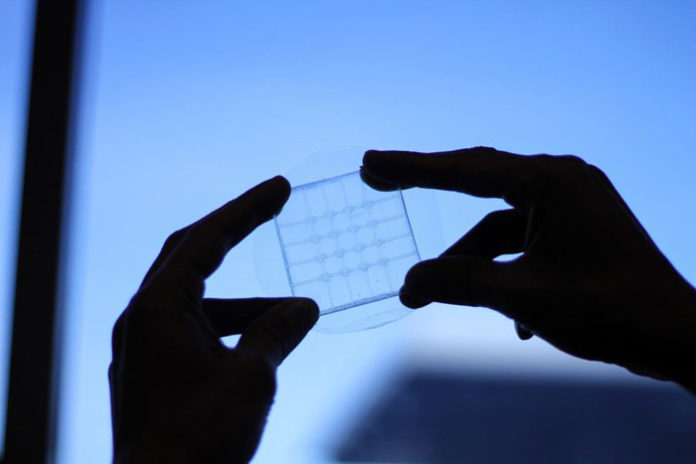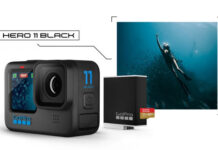Scientists from the University of British Columbia (Canada) have managed to solve a topical problem of our time – to create a sensor material that has such characteristics as softness and flexibility. This gives new opportunities in the production of foldable smartphones, tablets and other gadgets, including fitness trackers and adaptive sensors that are almost invisible on the skin. Many countries are working hard to create plastic sensor materials, and the contribution of Canadian scientists will certainly become a bold new step in this direction. Even when deformed, the created sensor is capable of receiving signals.
To create the material, its developer Mirza Sarwar used a hydrogel with high conductive properties, placing it between the silicone layers. Along with touches in the deformed state, the sensor perceives a kind of “virtual” touches without an immediate contact with fingers. This is due to the presence of electrodes in the hydrogel, creating an electric field over it. Tests of the prototype with the size of 5×5 cm were successful.







